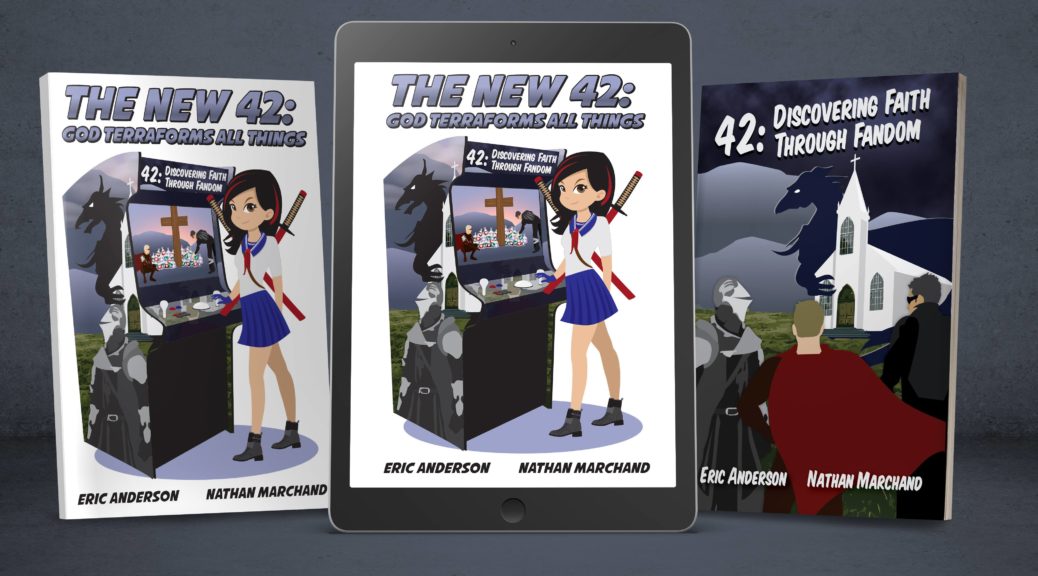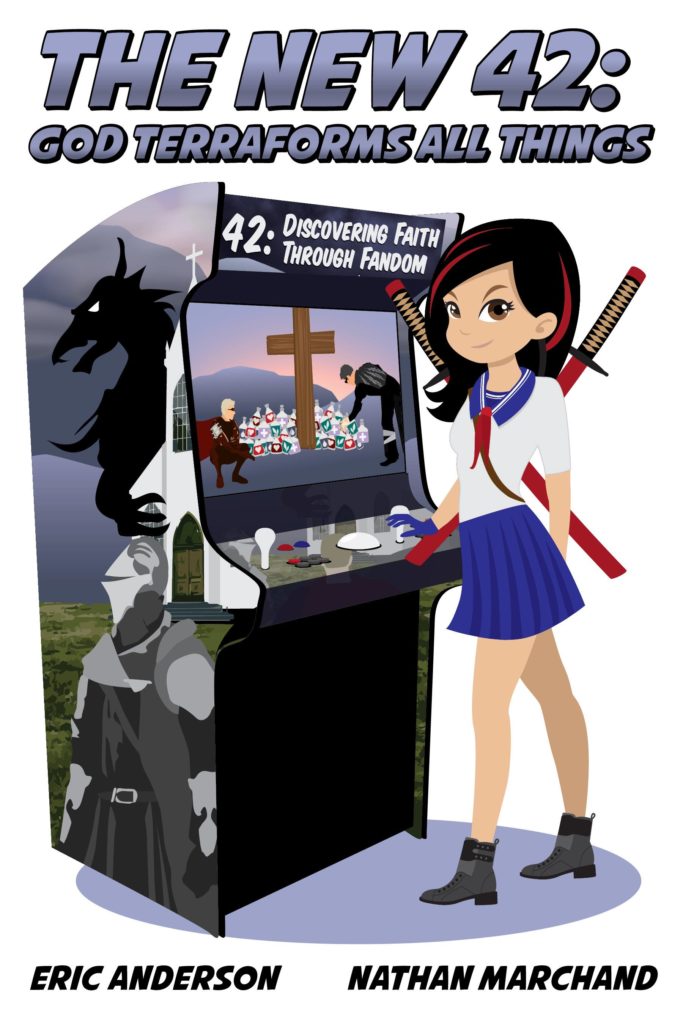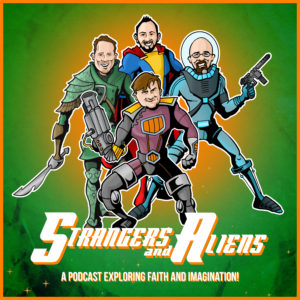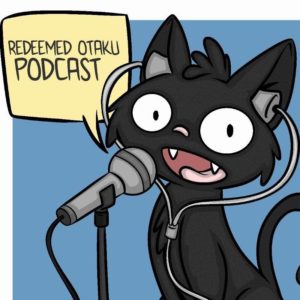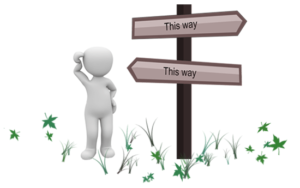
I’m a self-admitted “story junkie” who has a lot of hobbies. Those include reading books, playing video games, and watching TV and movies, among others. Do you notice what all of these have in common? Yep, stories. (I gotta get my fix, man!)
Unfortunately, because of this and the other things that keep me busy (job, school, writing, etc.), it’s difficult to keep up with these “story hobbies.” I tend to go through phases where I do one hobby more than the others. Lately, I’ve been reading a lot of books and not playing many video games. The thing is, I can’t keep up with everything. While many of my fellow gamers are playing all the latest titles, I’m playing games that are at least two or three years old. Meanwhile, I’ve fallen behind by at least a month on the current TV shows I’m watching. While I often go to the cinema once a week (especially during the summer and holiday seasons), I don’t always see a movie its opening weekend. Then I feel like I’m falling behind and won’t get all the in-jokes people make or be able to talk with them. But like I said, this is a lot of things all competing for my time and attention. I don’t have enough years left in my life to read every book or watch every movie that everyone is supposed to consume.
The anxiety I’m speaking of—which can also apply to attending events and social activities—is called the “fear of missing out” (or FOMO). In large part it involves knowing and having all the latest things. People start worrying about being left out or left behind. Why do you think film studios push as hard as they do for people to go see a movie opening weekend? They play on this idea, which in turn makes them the biggest chunk of their money. Gone are the days when a film would make consistent money for weeks at a time (remember Titanic’s months of dominance?). Now everyone is all but required to see a film as soon as possible to avoid spoilers, but more importantly, to feel included.
The truth is, one can’t keep up with everything. Choices must be made and priorities kept. This means one might have to wait until a movie hits home media before seeing it. It might mean watching a (rare) rerun of a TV show seeing it online later (even if it means waiting months for an entire season to drop on Netflix). And that’s assuming that what one is afraid of missing is some form of media. It might also mean missing a social gathering when he has to focus on something else, like writing a book. In other words, it’s okay to be a little behind, to a miss a few things so one can prioritize what’s important to him. It’s a lesson I’ve had to learn the hard way, and honestly, I’m okay with it. I don’t have to be on the forefront of everything I’m interested in. I can go through phases where I’m more up on some things than others. I’d rather have the joy of going at my own pace with everything than the stress of trying to keep up with everything and everyone, even if I’m mocked for it (people who do that are jerks, anyway). Buck the trends, I say!
What about you? Do you struggle with FOMO? How do you deal with it? Discuss it in the comments!




